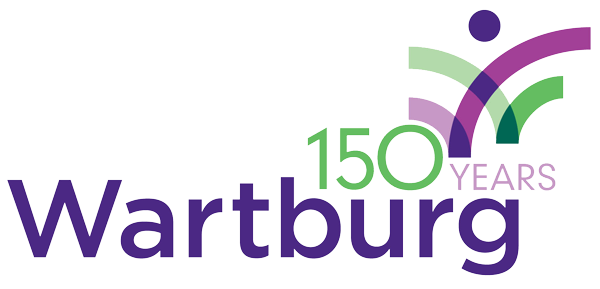Wartburg CEO discusses COVID-19 - Testing, Oversight, and Moving Forward
|
Wartburg CEO discusses COVID-19 - Testing, Oversight, and Moving Forward David Gentner, President and CEO, Wartburg As the deadliest pandemic in a century sweeps through the region, post-acute providers are dealing with a variety of well documented crisis management issues such as evolving State and Federal guidelines for controlling the spread of COVID-19, testing and treatments, the procurement and provision of personal protective equipment (PPE), maintaining sufficient staffing, and the challenges of managing communication between families and their loved ones with restrictions on visitation. There are also lesser-known challenges providers are facing related to testing, the flow of patients from hospital systems, the treatment options available, and government surveillance. Question: What can you tell us about Testing? Answer: As one of the only minority-majority cities in Westchester with the fifth largest population density in the state with approximately 14% of the population over the age of 65, there isn’t a satellite testing facility in Mount Vernon. In fact, in the midst of the pandemic, the New York State Department Of Health (DOH) no longer recommended testing nursing home or adult care facility residents for COVID-19 in the region, or the testing of employees due to the widespread community transmission of the virus. The health department simply declared that any person with symptoms of acute febrile respiratory illness (cough or shortness of breath presenting with fever), should be presumed to be COVID-19 positive and infection control measures were to be implemented. This included staff, who were screened each shift, and sent home if symptomatic or if they sought independent testing and-or medical orders to be out from work. Question: How did State and Federal Oversight Affect Provider Responses? Answer: Hospital capacity was a well documented concern. When the President declared a national emergency, the Centers for Medicare & Medicaid Services (CMS) (the Federal agency charged with oversight) temporarily waived a mandatory pre-qualifying hospital admission to a nursing facility. While the three-day requirement wasn’t intended for screening patients to rule out the risk of spreading a COVID-19 infection, it only verified that Medicare would cover the cost as hospitals were preparing to exceed their capacity. During this same time the DOH prohibited nursing homes and adult care facilities from requiring hospitalized patients to be tested for COVID-19 prior to admission or readmission. Even prior to this prohibition, we were proud to be able to receive a continuing flow of COVID-19 patients from area hospitals as it was inconceivable in this time of need to turn our backs on infected patients. Other post-acute provider waivers issued by the Federal Government were related to Telehealth, various data submission requirements, aspects of the physical environment, and the training and certification of nurse aides. Government surveillance is invaluable during a crisis yet it should be known that CMS also suspended State surveillance and enforcement for several weeks during the pandemic. If State or Federal surveyors were unable to meet their own PPE expectations, they were instructed to refrain from entering facilities and instructed to obtain any necessary information remotely. Question: What can be said about pharmacological treatments available? Answer: While there are no know pharmacological treatments available, until the Governor’s Executive Order overturning the restrictions on dispensing a potential medication for COVID-19 (hydroxychloroquine), nursing homes were prohibited from use. While the efficacy of hydroxychloroquine is still in question, subsequent to the Executive Order overturning the restriction Wartburg physicians are now prescribing the medication in certain cases where they feel it could provide benefit to patients. Question: Where do we go from here? Answer: We are heartened that the overall percentage of positive cases is flattening, many long term residents are recovering from the virus, and some post-acute patients are returning home. Also, we are starting to see staff recuperating and eager to return to service after their medical clearance. This gives us hope. Our deepest sympathy, thoughts and prayers are with the families of those who have passed from the COVID-19 virus. The virus has disproportionately and virulently affected those in our community of advanced age and frailty and we are deeply saddened by the collective loss. While we are tremendously grateful for the outpouring of support from families and the greater community who have offered supplies and words of encouragement, the economic impact of this pandemic is still immeasurable. One of the first variables taken into consideration is that New York’s 2021 budget includes a 1.5% across-the-board cut to the Medicaid program (the primary payer for those residing in nursing homes) and reduced the capital reimbursement rates to State nursing homes by 5%. |


